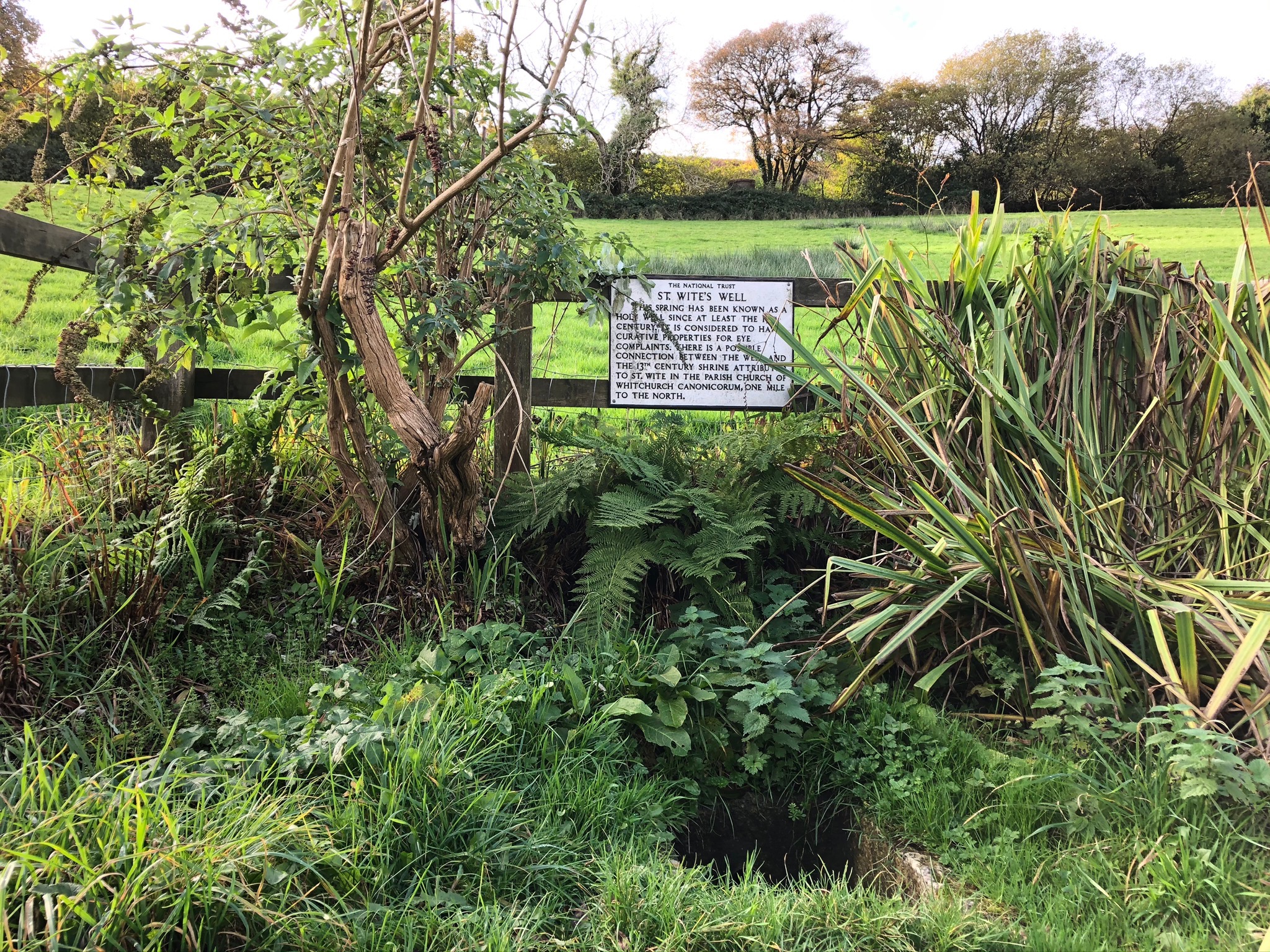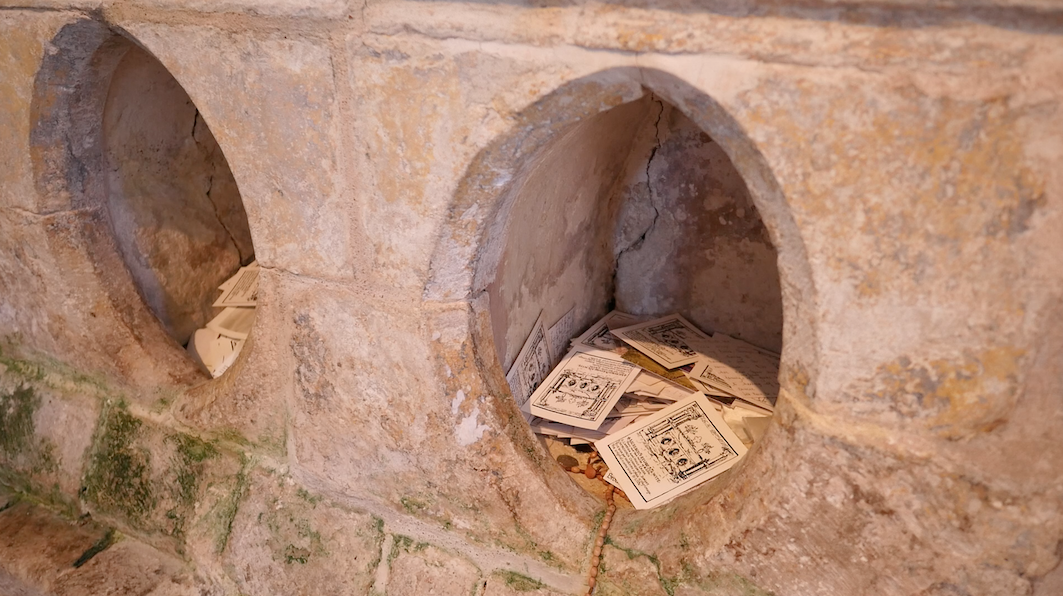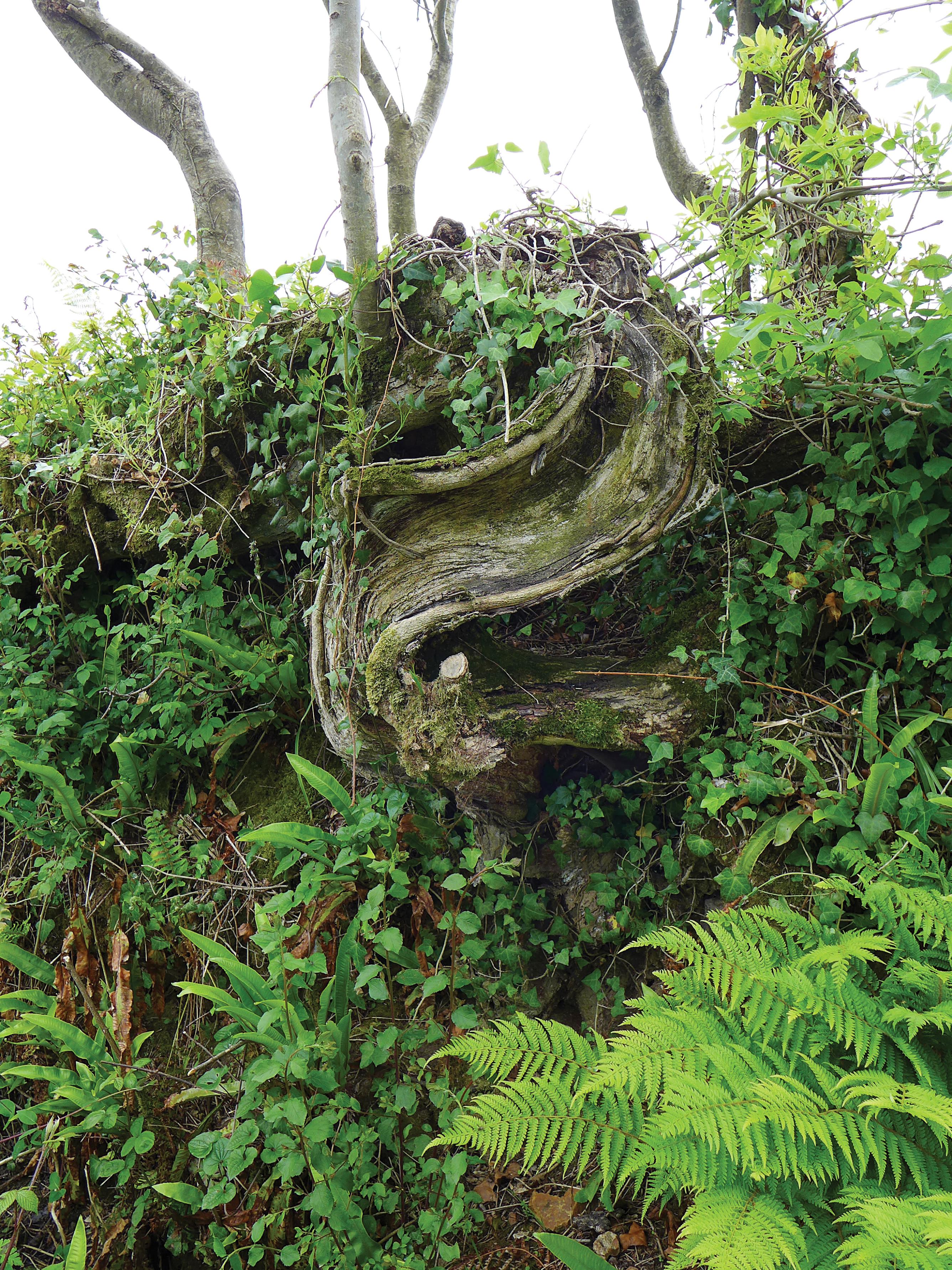Rising river floods the road again
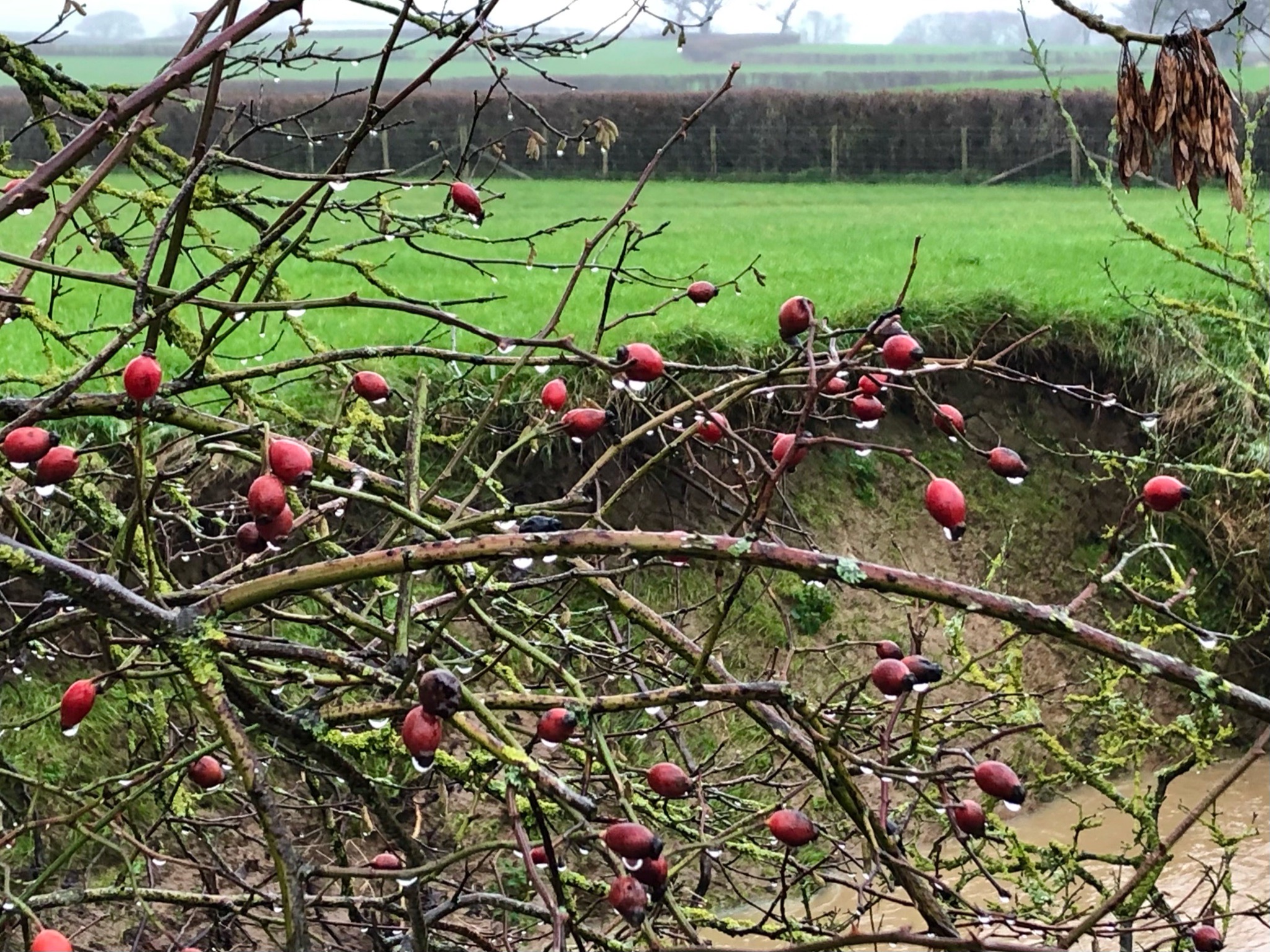
The road ahead is covered with sliding sheets of toffee-brown water. I wonder if it is worse further on and whether we will be able to get through. For now, it’s shallow, no more than surface-skimming, so I proceed cautiously, past the big orange willow in the hedge and down to the bridge over the River Char.
This lane floods frequently. I’ve learned to read the signs and respect the water’s power. One wet winter’s night, coming back from bell-ringing practice in the village, the torrent was stronger than I realised. It lifted my car so that for a second I was steering a boat, adrift in the starless dark, trees crashing overhead.
It’s perilous to ignore the solar-powered warning sign that flashes when the flood is deep. Once we turned back when the river was coiling over the bridge, only to meet the vicar, late for a service. “Don’t cross!” we warned, but he hurried on, got stuck and wrote off his 4×4.
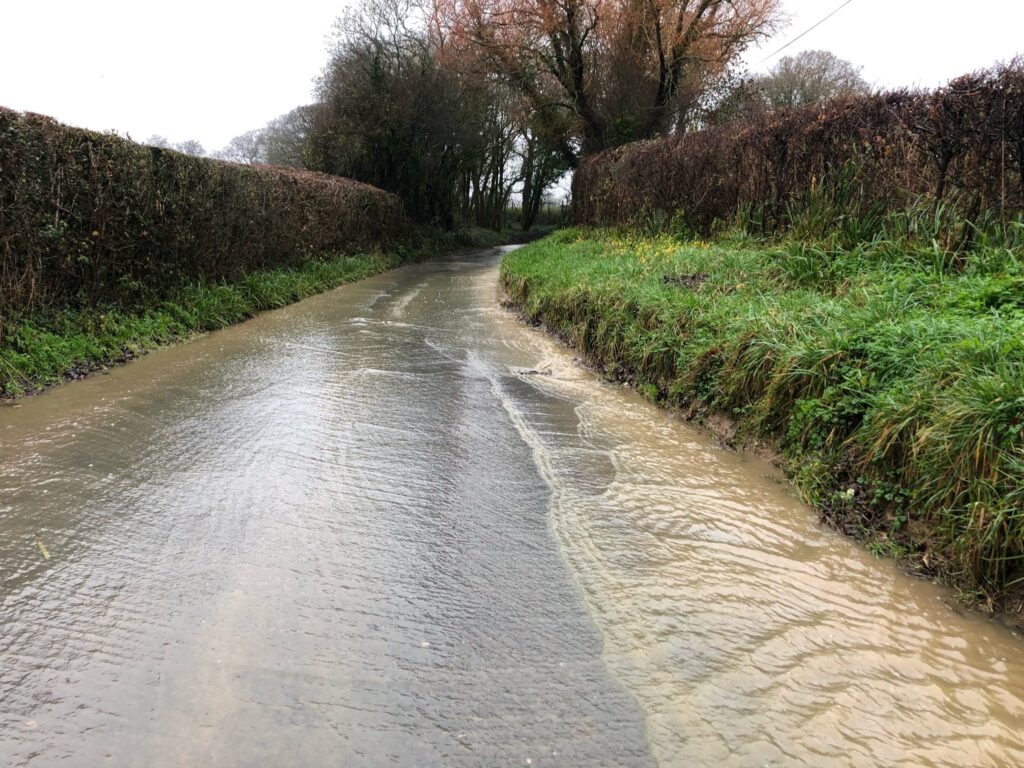
The river is rising, but it’s not quite over the road yet, as it has been many times recently. The grass on the banks is flattened in snaky runnels where water poured over only 24 hours ago, and a serpent of torn branch has been washed against the bridge rails.
Being less than three miles from the sea means that the Char is affected by tidal surges. The river was once navigable – in the ninth century it brought a pack of Vikings inland seeking plunder. Legend says that a local wise woman led villagers in battle against the raiders. The peasants won, but the wise woman was killed in the fight. She was declared a saint and her bones enshrined in the church, where they lie in a stone tomb green with damp.
Heavy rain, saturated ground and high tide at Charmouth in an hour mean that the bridge will soon be impassable again. As I edge by, a couple of goldcrests flit along the stump-cut hedge, peeping in alarm. They’ve been searching for tiny insects, probing the nubs of hazel catkins that are beginning to cluster along the streams, side by side with last year’s rosehips.
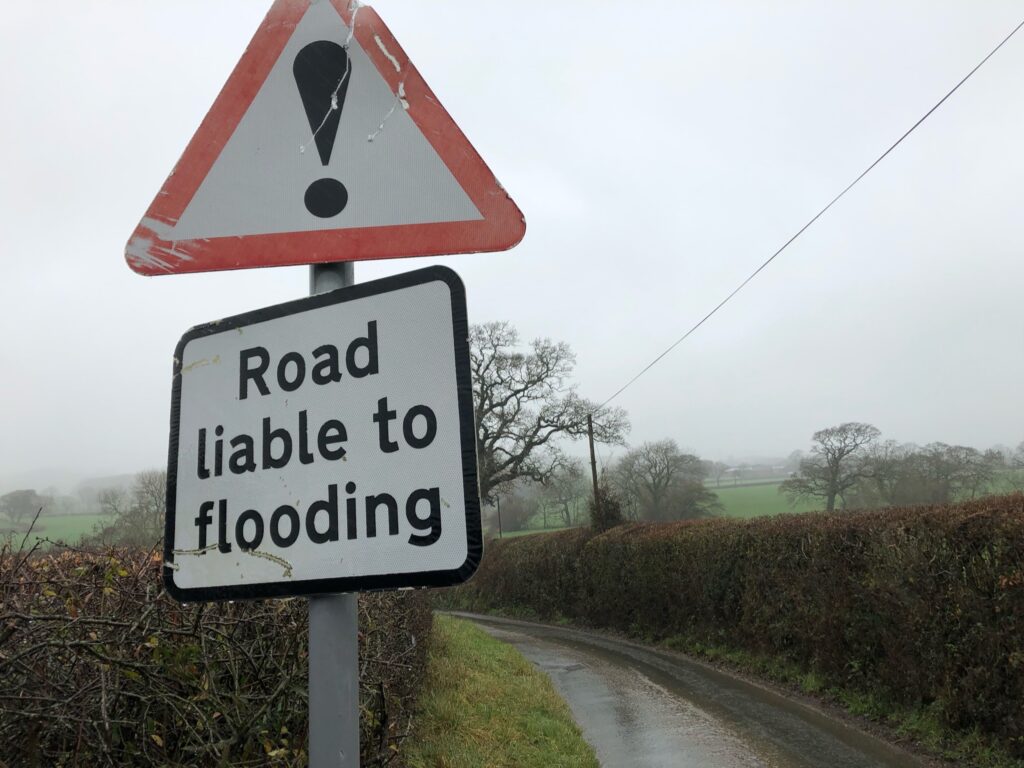
First published in the Guardian’s Country Diary column 8 January 2021.
